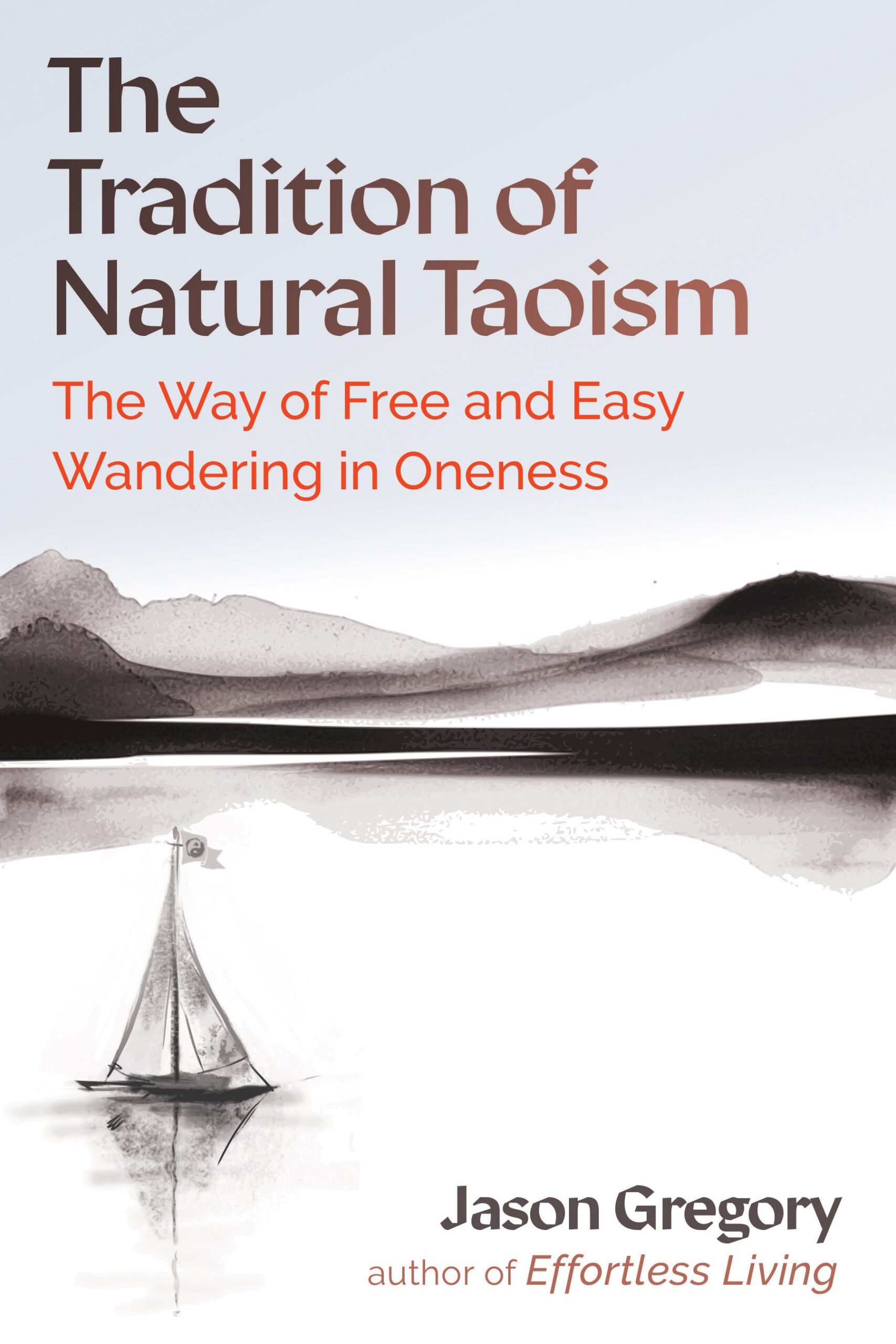Why the East Avoid Debate and Why You Should too

Avoiding debate is a hallmark of Eastern thought, especially in countries such as Japan. This mentality is hard for a lot of Westerners to comprehend. In the West, we are encouraged to debate so that we can come to a conclusion on a matter. This Western way of thinking is incorrectly believed to be universal. Many Westerners believe the way they think is the same for everyone in the world. This way of thinking is a clumsy way of viewing the world. Both East and West cognitively evolved differently, influencing their social structures, philosophies, religions, language, and basic world view.
In the West debate was a natural byproduct of analytical thinking and individualism. While in the East, avoiding debate was a natural byproduct of holistic thinking and collectivism. Avoiding debate in far East Asia can partly be attributed to Confucianism and Taoism, because people have a respect for their elders even when the older person might be obviously wrong or their statements unfounded. For example, we see this attitude in the scientific field, where a lot of support is often funneled to the mediocre older scientists instead of the more talented younger ones.
But this resistance to debate is not only an ideological or social one. This resistance extends to the nature of communication and rhetoric. We know rhetoric in the West provides an underlying structure for everything from solving problems, exploring evidence, and other arguments and refutations, so we can come to a conclusion or recommendation. But this linear rhetoric model is uncommon in the East. For example, it’s usually the last thing an Easterner learns on the road to becoming a scientist. This is surely strange to Western academia, but this is how most Easterners have cognitively evolved, even though there is a growing trend in the East to become expert debaters. But is it right for Easterners to fall in line with Western thinking? Or is there something in the art of no debate that the West could learn? And yes, there are a lot the West can learn from the East about many things, including their resistance to debate.
To learn about such mentality in the East, we need to explore why they avoid debate in the first place. Japan is usually the best example because they have stuck more to this cognitive trait than other Eastern nations. When we examine decision-making processes in Japanese board rooms and executive councils, they are designed to avoid conflict and dissonance at all costs. These sorts of meetings are often a ratification of consensus achieved by the leader of the meeting beforehand. If someone has a conflict or disagree with the decision being made, they will usually avoid the situation to keep harmony and good relationships with their co-workers. From a Western perspective, this way of going about business would be considered stupid. But it is in this Eastern attitude that the kernel of truth resides, which we can all learn from.
The holistic view of the East is built on the foundation of relationships. This means first and foremost friendships are number one no matter what your individual opinion is. Keeping good relationships and friendships are always considered before someone emotionally wields their own personal view on a matter. Even when two people disagree in the East, they will come half way for the friendship even if they still disagree, because again, friendship first. This is why before engaging in business with a Chinese businessperson you better get your liver ready because they first want you to drink with them to see if you can be trusted and also to see if they can develop a friendship with you. And when I say drink, I mean legless drunk. It’s their skillful way of disarming your ego to see who is really behind the mask. This approach is more about friendship rather than if the business deal is good or not. Don’t get me wrong, the deal matters, but from the Eastern perspective friendship is more important moving forward.
This friendship first mentality actually caused problems when Easterners and Westerners began doing more business together. And this comes down to the way both view contracts. For a Westerner, once a deal is done, it shouldn’t be modified. A deal is a deal. But, on the other hand, to an Easterner a deal is a tentatively agreed upon guide for the future.
Both opposing views most notably caused conflict in the past between Japanese and Australian businesspeople over a contract for sugar. Australia refused to renegotiate the contract when the price of sugar dropped radically on the world market. The Australian view was that the Japanese were being purely self-serving and self-interested. But this was not the case. Actually, Japanese suppliers take these sorts of matters into consideration with their own customers. One example of this is the film industry in Tokyo. When it snows in Tokyo, film distributors are more likely to compensate theater owners for their drop-in audience attendance. This type of friendly compensation would be unheard of in the Western business world. So, the misunderstanding between Australia and Japan was due to a lack of understanding of both cognitive styles and cultural perspectives. Actually, if we look at this situation from a Western perspective, it is not cost-effective to have such a friendly attitude. But when viewed from an Eastern perspective their attitude strengthens the relationship between customer and supplier which makes sense in many ways.
Though the Eastern view of not debating may seem radical, it is the best for keeping friendships and also for allowing relationships to grow rich. The Eastern view highlights the fact that individual opinion is not the be all and end all. What is more important is collective harmony minus a self-interested ego, which is a common trait among many Eastern philosophies. But this is a blind spot in the West. Actually, as we know, individual opinion is encouraged in the West. So, there is no surprise that a lot of unnecessary conflict exists in the West.
Western intellectuals build their whole repertoire on debate and the ability to wield their individual opinion upon everyone else. There are a multitude of news networks, current affair programs, and podcasts all engaging in debate, as each individual try to showcase their intellectual power. This is nothing more than peacock consciousness, it’s all about who stands out the most, or in other words, who has the loudest bark. It’s just plain immature if we view this mentality from an Eastern perspective. This sort of behavior is rife on social media, where people get into heated debates in the comment sections with people they’ve never met. Trolling a comments section is just plain childish, and in a lot of cases, a troll is hiding behind their computer venting all their deep-seated anger on people they’ve never met. If you are one of these keyboard assassins then you need to rethink your behavior and grow up.
The Eastern view is a grown-up view. It’s about putting the harmony of humanity first rather than personal opinion. Yet in a world increasingly influenced by Western individualism, utilizing debate to defend your own personal beliefs is paramount over and above world harmony. But the brutal truth is, even those who support debate often can’t detach from a debate. For example, I’ve been with people who engage in a debate with someone else and then after it they will say “I hate that guy,” even though they pretended to be cool with the person when the debate had concluded. So, a subtle resentment dwells in some people after a debate and this is the conclusion the East had reached. If we can’t engage in a friendly give and take conversation then it’s better not to engage at all. Besides, when we dive deeper into the fabric of individual opinion, we discover that opinions are driven by individual conditioning and, as a result, a subtle (or not so subtle) personal agenda.
So how can an individual opinion be best for everyone if it is self-interested? It can’t. It can never be. And someone’s personal agenda and conditioning are built on a host of factors that are often not considered when decisions are being made. The art of no debate, on the other hand, forces us to see matters from a more holistic perspective. Instead of wielding our own opinion, we can listen to the consensus and feel out what is good for social harmony rather than individual self-interest. By keeping our mind clear and our mouth shut, we can listen to what the world needs because we’ve become a selfless friend to the entire world.

